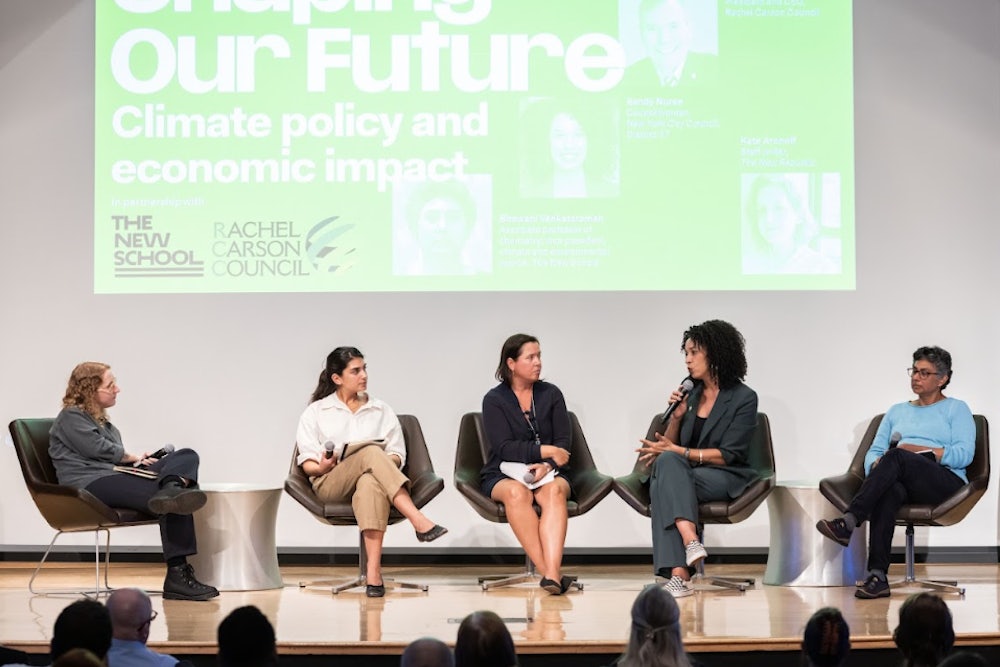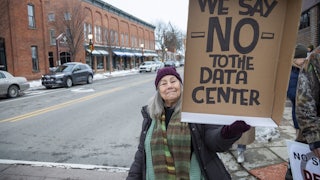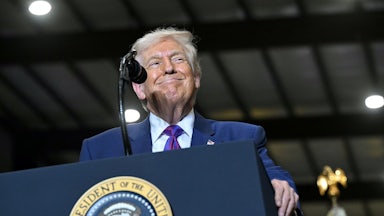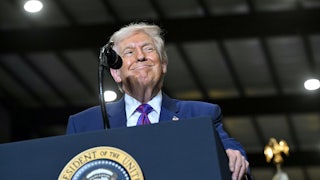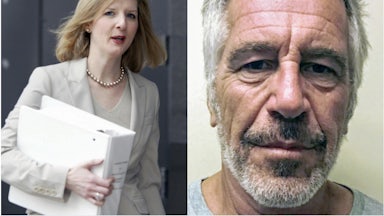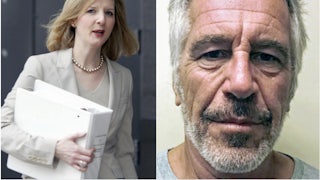The New Republic’s Monday panel with the New School, “Shaping Our Future: Climate Policy and Economic Impact,” was rooted in the conviction that combating climate change “is both possible and necessary”—as panelist Bhawani Venkataraman, an associate professor of chemistry at the university, put it at the beginning of the event.
Panelists included “district representatives and people who work with labor and in academia and will help build a better future,” observed Robert Musil, president and CEO of the Rachel Carson Council, an event sponsor, during his opening remarks. And what better place to hold a discussion about advancements to “shape the world,” he noted, than the cutting-edge city of New York?
But beyond its global relevance, New York City was a fitting location for the event, given its increasing familiarity with “the firsthand effects of the climate crisis,” noted TNR staff writer and panel moderator Kate Aronoff. Recent years have seen it endure subway floods, wildfire smoke, fatal heat waves, and mounting living costs that create dilemmas for working-class residents “deciding between turning on the air and paying their rent at the end of the month.”
Speakers highlighted the severity of this crisis during the first portion of the panel, which set up later discussions about meeting the moment.
Sandy Nurse noted that her constituents in District 37, largely cash-poor communities of color, in heat-vulnerable, flood-prone areas, feel “the nitty-gritty impacts of the cost of the changing climate” acutely.
Climate risk, Nurse emphasized, is a matter of “life and death” in her district, creating a “constant economic toll to our businesses” and “to our public housing residents, who are constantly dealing with mold and mildew and then, of course, just the high cost of utilities.”
And the economic cost of climate change is only poised to worsen, noted panelist Ana Baptista, an associate professor of environmental policy at the New School.
Baptista worked on the New York City Panel on Climate Change’s fourth report, or NPCC4, which she said painted a “dire picture,” as climate impacts such as increasing numbers of hot days and pluvial flooding are projected to disproportionately harm vulnerable communities, magnifying existing inequalities.
“It doesn’t take a lot to basically throw communities that are already quite vulnerable into crisis,” Baptista said.
But as Venkataraman observed at the start of the event, climate change is not only a “defining issue of our time” but also “an opportunity to build a just, equitable, and more resilient world”—and the latter half of the discussion proceeded in that spirit.
For example, panelist Batul Hassan, labor director at the Climate & Community Institute, espoused a “green economic populist approach” that seizes on the climate crisis as an “opportunity to start thinking bigger.” Hassan sees such an approach—mobilizing an “expanded base” with a powerful public sector, green firms, labor unions, and community groups—exemplified in the platform of Democratic mayoral nominee Zohran Mamdani.
Councilwoman Nurse similarly expressed her hope for a forward-looking mayor who prioritizes climate concerns. While the New York City Council has put forward myriad promising environmental proposals, she said, the current administration—that of Eric Adams—has at times impeded them, which underscores how “it really matters who is the executive of the city and what their priorities are.”
Zooming out beyond the local level, other panelists touched on the possibility of climate action even amid the environmentally hostile regime of President Donald Trump.
Venkatamaran described how state-level measures can offer a viable way to make progress on the environment, regardless of what’s happening at the federal level. “States do have rights, and they can actually have environmental regulations that are more stringent than the federal,” she noted—as they did during the first Trump administration and ought to do again now.
Hassan described how measures like improving New York’s tax system can allow the state to function “without having to rely on a fascist federal government,” while shielding its residents from Trump-induced cuts and chaos.
One can also draw inspiration from organizers across the country who are currently achieving climate wins “even in very difficult political terrain,” Hassan observed. She mentioned the successes of organizers pushing for green public schools—despite school privatization and voucherization—in Columbus, Ohio, as evidence that difficult circumstances don’t necessarily preclude moving “beyond the defensive and into the offensive in our shared fight for a green future that works for working people.”
Baptista too discussed looking far and wide for creative ways to tackle the climate crisis—from Philadelphia to Lahaina, Hawaii.
But to be sure, there is plenty of exemplary work being done by local community groups in New York City: “Sometimes, the best models are in your backyard,” Baptista said. “You just have to find creative ways to finance them and fund them.”
